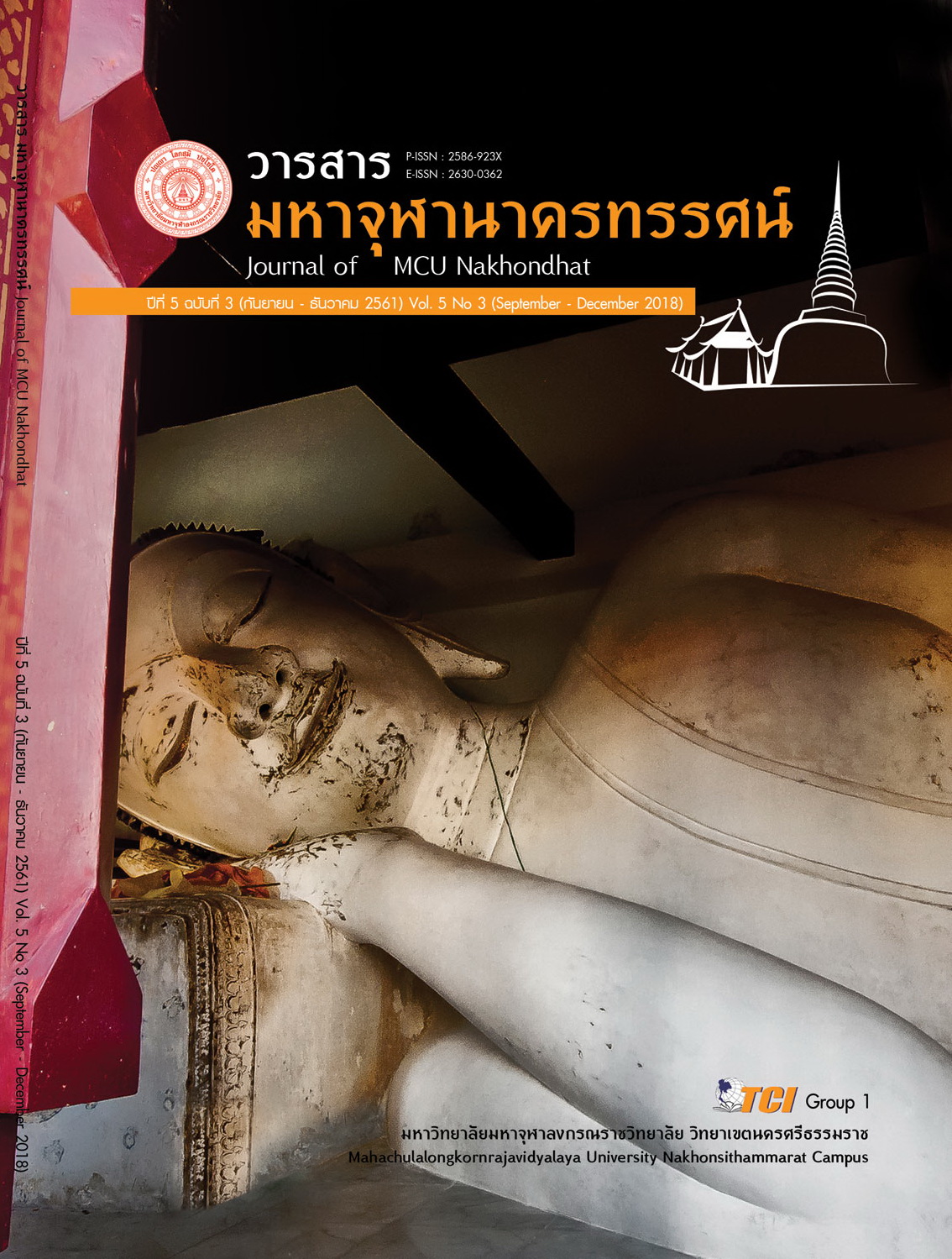ON EROS: VIEWS FROM DAOISM AND CONFUCIUS PHILOSOPHY.
Main Article Content
Abstract
This article aims to locating Eros in Daoism and Confucius Philosophy. In general, many scholars think that Chinese Philosophy focus on the other form of love such as family love or humanity love instead of eros. This article will show that love and eros are related. Confucius Philosophy focus on love of humanism, while Daoism think that love is the understanding of the natural relation. However, the love in Confucius Philosophy and Daoism are related to eros. In Confucius Philosophy, love relate to humanity and tradition, but love and eros in Daoism is the positioning of self. For Daoism and Confucius Philosophy, people who can love must be polished by Daoism or Confucius Philosophy.
Article Details
How to Cite
แซ่ตั้ง น. (2018). ON EROS: VIEWS FROM DAOISM AND CONFUCIUS PHILOSOPHY. Journal of MCU Nakhondhat, 5(3), 505–519. retrieved from https://so03.tci-thaijo.org/index.php/JMND/article/view/140383
Section
Academic Article
References
จ่าง แซ่ตั้ง. (2553). เต้าเต้อจิง. นครปฐม: ลูก-หลาน จ่าง แซ่ตั้ง.
พจนา จันทรสันติ. (2525). วิถีแห่งเต๋า. กรุงเทพฯ: เคล็ดไทย.
สุวรรณา สถาอานันท์. (2554). หลุนอี่ว์ ขงจื่อสนทนา. กรุงเทพฯ: โอเพ่นบุคส์.
Ch’en Ku-ying. (1977). Lao Tzu, text, notes, and comments (R. Y. Young & R. T. Ames, Trans.). San Francisco: Chinese Materials Center.
Hsieh Yu-Wei. (1968). “Filial piety and Chinese Society” in Moore, C. A. The Chinese mind: Essentials of Chinese philosophy and culture. Honolulu: East-West Center Press.
Roger T. Ames and David L. Hall. (2003). Dao De Jing : Making This Life Significant. New York: Balantine Books.
พจนา จันทรสันติ. (2525). วิถีแห่งเต๋า. กรุงเทพฯ: เคล็ดไทย.
สุวรรณา สถาอานันท์. (2554). หลุนอี่ว์ ขงจื่อสนทนา. กรุงเทพฯ: โอเพ่นบุคส์.
Ch’en Ku-ying. (1977). Lao Tzu, text, notes, and comments (R. Y. Young & R. T. Ames, Trans.). San Francisco: Chinese Materials Center.
Hsieh Yu-Wei. (1968). “Filial piety and Chinese Society” in Moore, C. A. The Chinese mind: Essentials of Chinese philosophy and culture. Honolulu: East-West Center Press.
Roger T. Ames and David L. Hall. (2003). Dao De Jing : Making This Life Significant. New York: Balantine Books.


